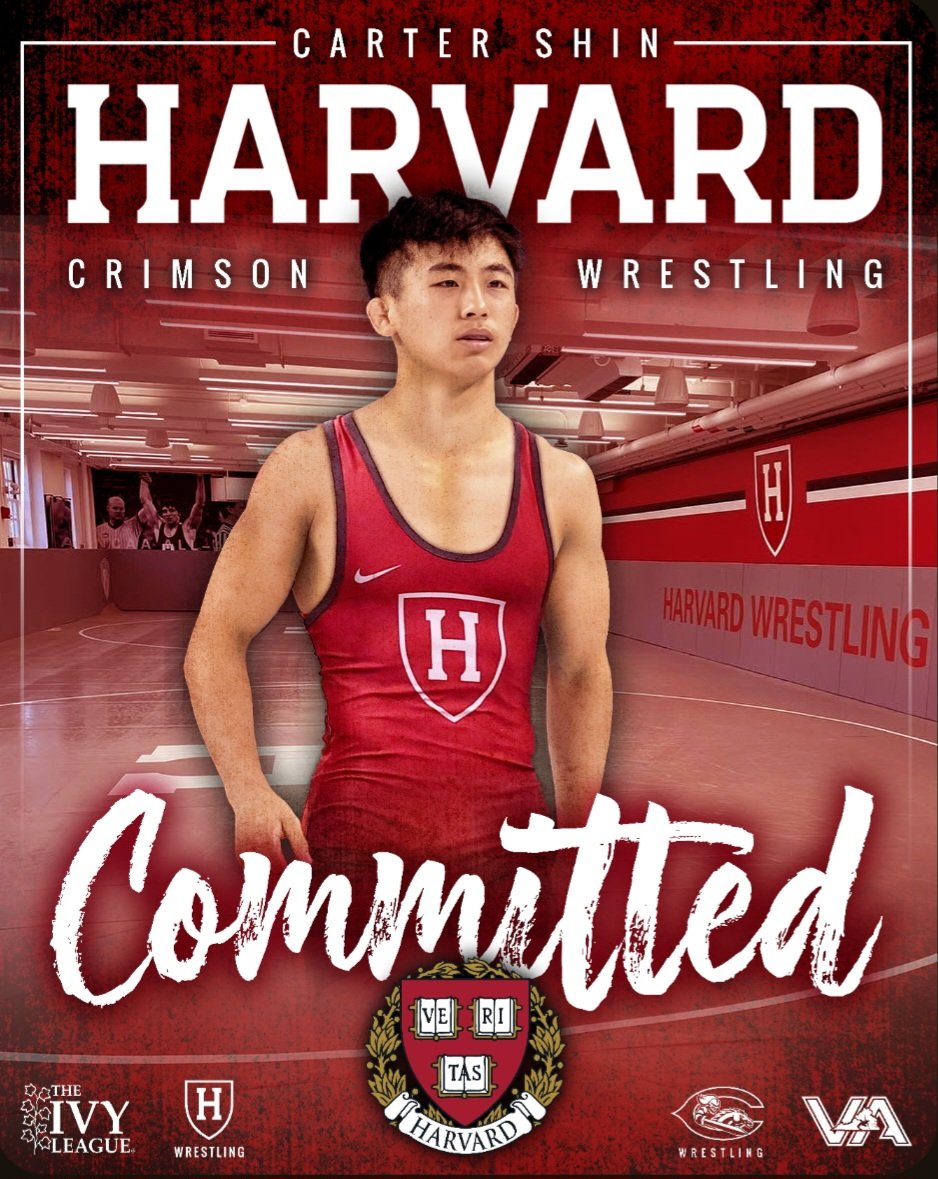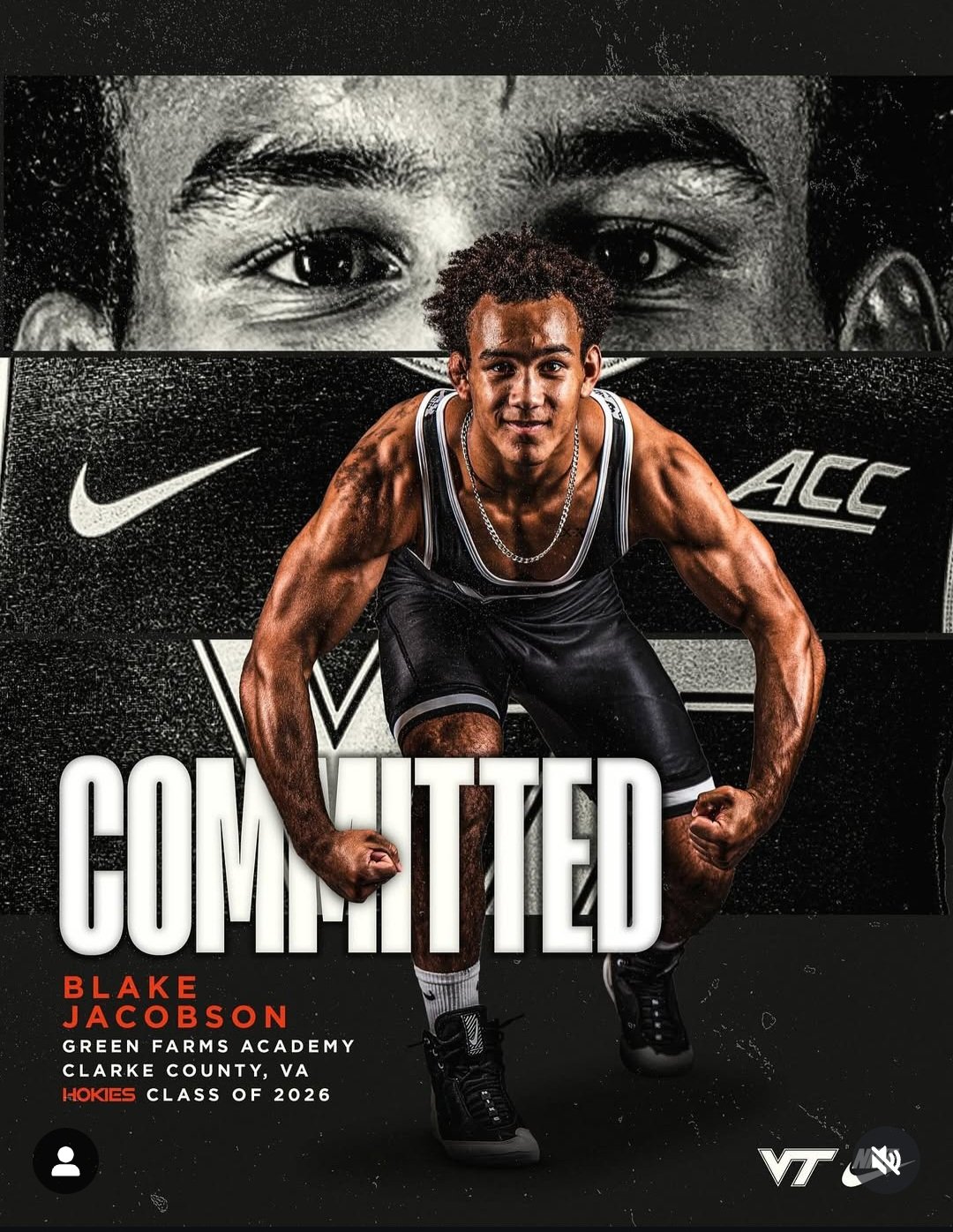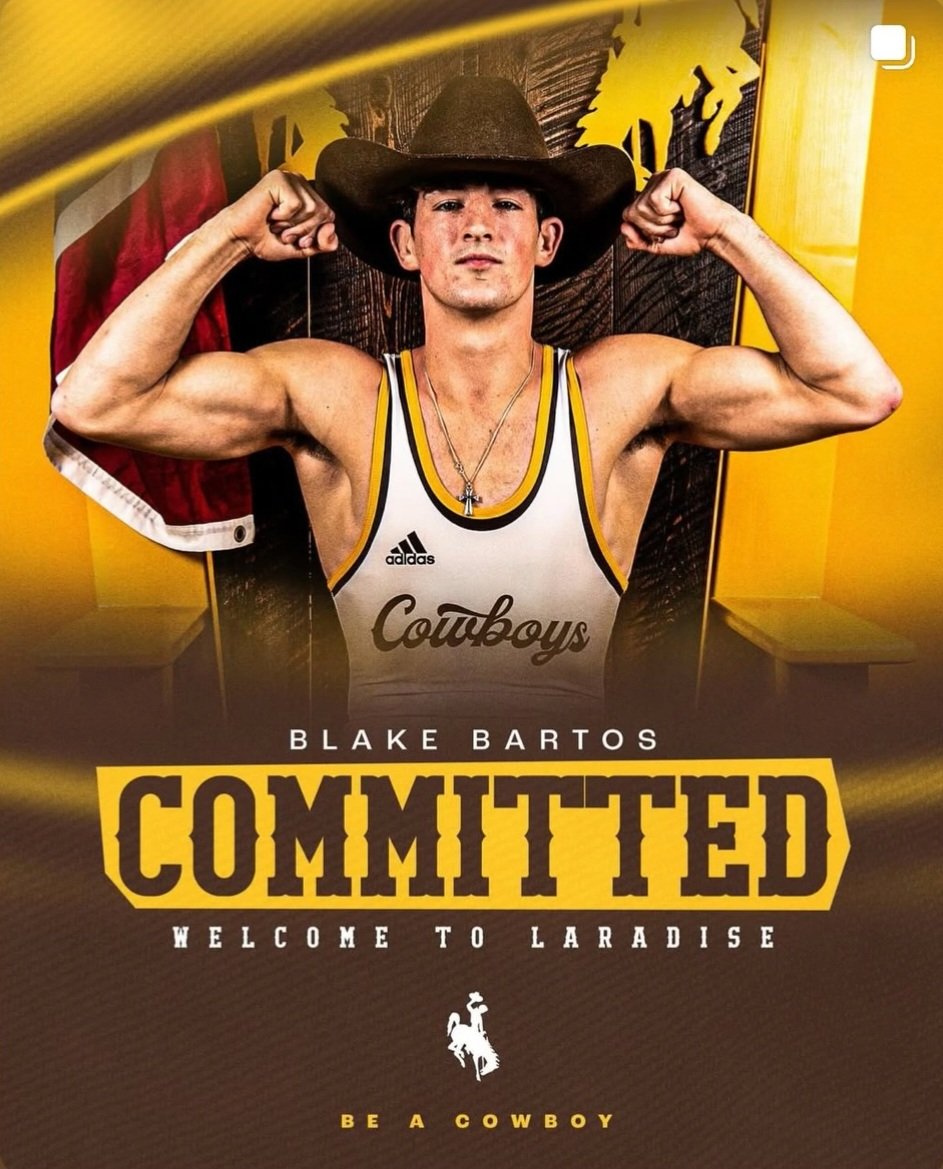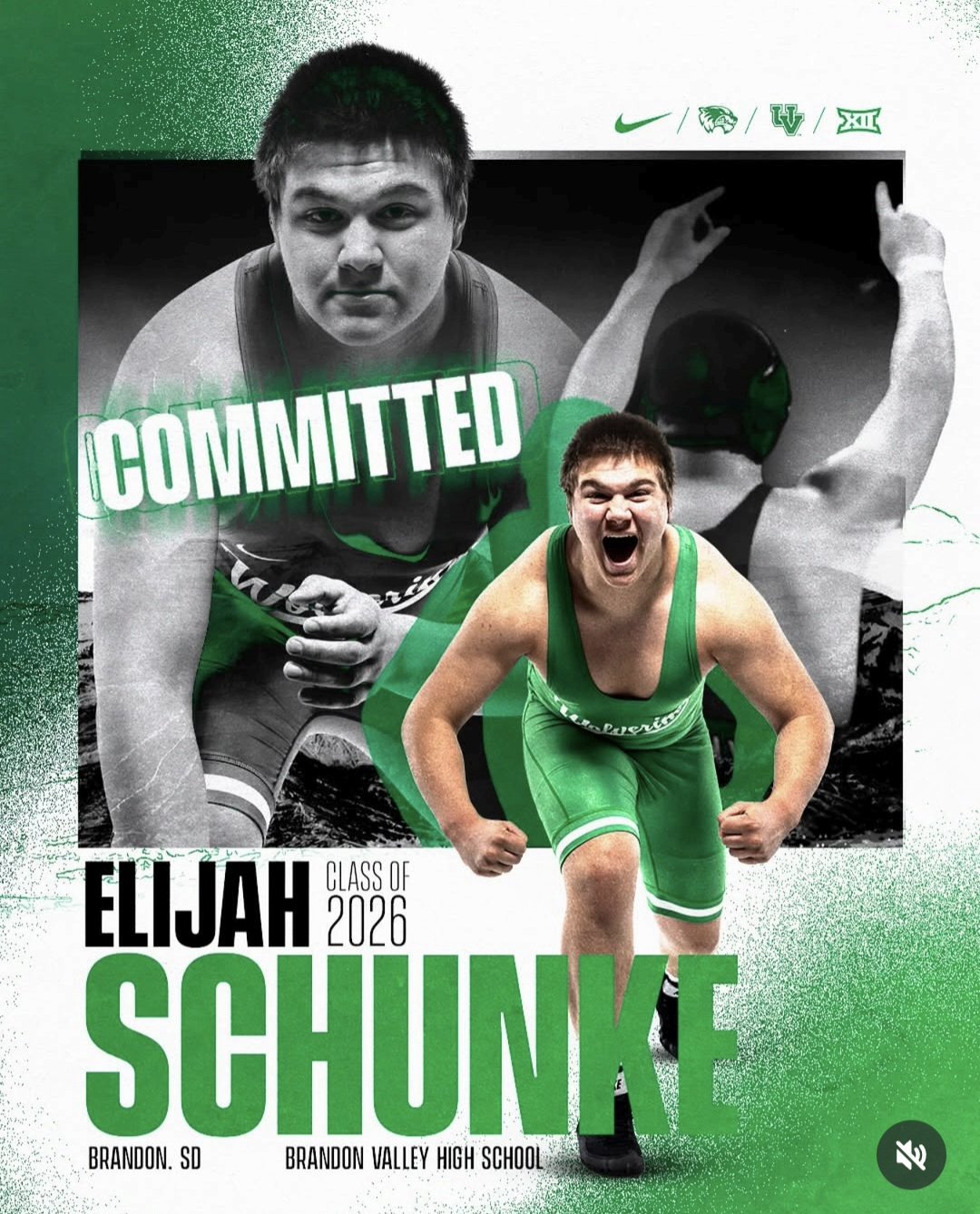If you claim racism, you get a completely new trial in WA
-
Latest Rankings
-
Updated
-
Updated
-
Updated
-
Updated
-
-
College Commitments
Blake Jacobson
Greens Farms Academy, Virginia
Class of 2026
Committed to Virginia Tech
Projected Weight: 174
Blake Bartos
Medina Buckeye, Ohio
Class of 2026
Committed to Wyoming
Projected Weight: 141
Tanner Tran
Father Ryan, Tennessee
Class of 2026
Committed to Chattanooga
Projected Weight: 125
Elijah Schunke
Brandon Valley, South Dakota
Class of 2026
Committed to Utah Valley
Projected Weight: 285






Recommended Posts
Create an account or sign in to comment
You need to be a member in order to leave a comment
Create an account
Sign up for a new account in our community. It's easy!
Register a new accountSign in
Already have an account? Sign in here.
Sign In Now